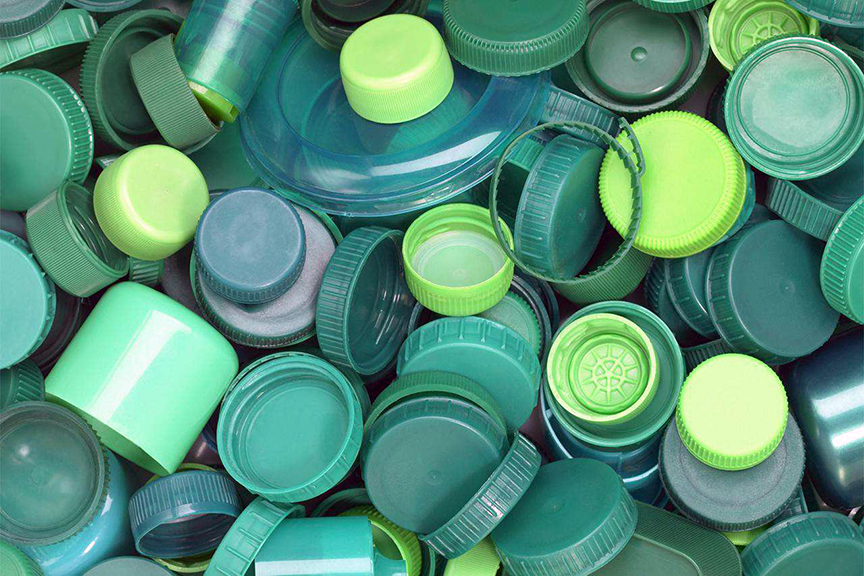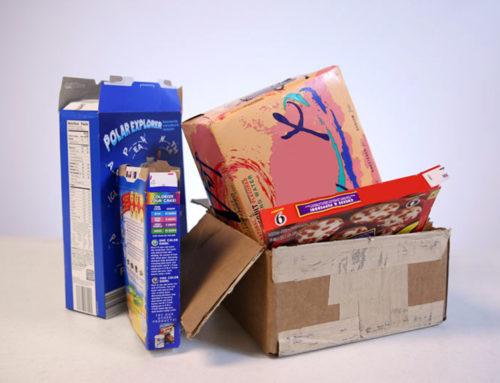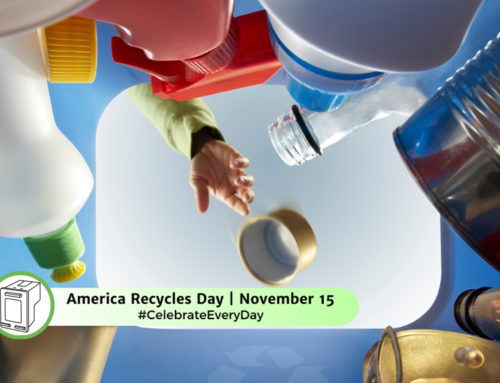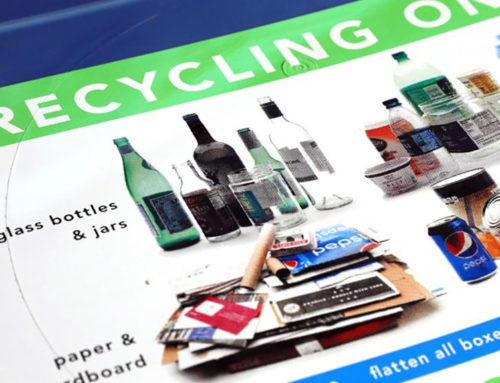In a transformative move towards sustainability, Greenpath Enterprises, a full-service recycling, processing, and manufacturing company based in Colton, California, has joined forces with TOMRA Recycling Sorting to introduce a cutting-edge mechanical sorting process for recycling bottle caps. This groundbreaking system aims to consistently separate mixed polyolefin caps from beverage bottles by polymer and color, achieving unprecedented levels of purity in the recycling process.
“Developing a mechanical sorting process to close the loop for food-grade cap-to-cap recycling by consistently separating mixed polyolefins by polymer and color with high purity is a game changer,” remarks Joe Castro, President of Greenpath Enterprises. The implications of this innovation are immense, and it signals a significant step towards a more sustainable future.
A Step Toward a Circular Economy
For over 25 years, Greenpath Enterprises has been at the forefront of recycling and resource management, accepting a wide range of materials, often with inconsistent supply streams. By offering a one-stop solution for recycling needs, they have been instrumental in producing consistent, quality products from mixed trailer loads of recyclables. Greenpath’s latest endeavor focuses on polyolefin materials, particularly low-density polyethylene (LDPE), high-density polyethylene (HDPE), and polypropylene (PP), which are among the most abundant plastics on Earth.
Eric Olsson, Area Segment Manager for plastics at TOMRA Recycling, explains that the challenge lies in the close density characteristics of PE and PP, making them difficult to separate effectively. As a result, mixed polyolefins have typically been downcycled into applications that allow for more contamination. However, this new sorting system represents a critical step toward addressing the cap component of beverage containers.
The Cap-to-Cap Recycling Vision
Typically, a beverage container consists of four parts: the bottle, cap or closure, ring, and label. While PET recycling has made significant strides, with some brand owners incorporating up to 100% post-consumer recycled (PCR) material in their bottles, caps have remained a challenge. However, Greenpath’s approach suggests that the industry can transition to 100% PCR packaging, relying solely on mechanical sorting to achieve this goal.
The recycling process begins by shredding bottles, labels, caps, and rings, followed by a sink-float process that separates PET bottles from PE and PP caps. This process allows heavier PET to sink while the lighter polyolefins float and are skimmed off as a secondary byproduct. Although it might seem logical to use PET for both the bottle and cap, Olsson points out that different polymers have distinct strengths and weaknesses, and polyolefins are ideal for cap threading.
Greenpath has extensive processing capabilities, making them adept at mechanical, multi-material, and batch recycling processes. To tackle the challenge of sorting mixed polyolefins effectively, they explored various technologies, ultimately settling on a mechanical solution involving flake sorters. This approach led to the selection of INNOSORT™ FLAKE, a sorting technology with unique capabilities.
The INNOSORT™ FLAKE Advantage
INNOSORT FLAKE features a combination of sensor technologies, including color cameras capable of identifying 16.8 million color variations. Its FLYING BEAM lighting system offers fast and reliable material detection by utilizing near-infrared (NIR) sensors. Notably, the sorter’s homogeneous light distribution ensures accurate classification of PE and PP materials, among other polymers and materials. The sorter can also be configured for single or multiple-step sorting, offering great flexibility.
By selecting INNOSORT FLAKE, Greenpath aims to meet its purity, yield, and throughput goals while maintaining a compact footprint, ensuring easy integration into their existing processes. This innovative solution not only addresses the challenges of mixed polyolefin recycling but also enhances the sustainability of the entire beverage container recycling process.
A Sustainable Future for Polyolefins
The collaboration between Greenpath Enterprises and TOMRA Recycling Sorting represents a significant leap forward in the recycling industry. By enabling the efficient sorting of mixed polyolefin caps, this innovation paves the way for a more sustainable and circular approach to beverage container recycling. It aligns with the growing demand for higher percentages of recycled content in consumer products and offers an exciting vision for the future of recycling. As Eric Olsson of TOMRA Recycling states, “We’re at the beginning of mixed waste streams of polyolefins going closed loop. It won’t just be a pipe dream for polyolefins anymore.” This is a crucial step toward a greener and more sustainable future.






